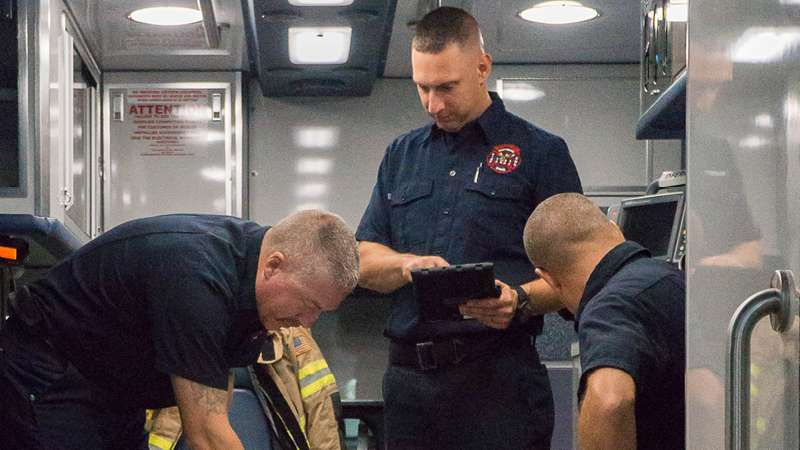The National Registry's Key Initiatives
The National Registry is pleased to share our 2025 Key Initiatives. We value collaboration, communication, and transparency with the EMS community and our partner organizations. In that spirit, we've created infographics about important projects with key takeaways, answers to frequently asked questions, and important dates. The Key Initiatives will be updated when new projects are announced, so please check back often.Previous Key Initiatives
ALS Psychomotor Examination Discontinued
With the launch of the new AEMT and Paramedic Certification Examinations and the introduction of Student Minimum Competency (SMC) requirements, the ALS psychomotor examinations used for NRAEMT and NRP certifications will be discontinued...
View Key Initiative
BLS Practice Analysis
Starting in late 2022, the National Registry of EMTs conducted a Basic Life Support (BLS) Practice Analysis. Through the 2022 BLS Practice Analysis, essential job tasks, and the knowledge and skills required to competently perform those job tasks, were defined...
View Key Initiative
Scaled Score Reports
A scaled score report is a method of reporting examination performance on a standardized metric. It provides the unsuccessful examination candidate with information about their examination score in relation to the passing standard...
View Key Initiative
Evidence-Based & Table of Authorities
The objective of this initiative is to keep certification examinations clinically accurate, standardized, reliable and valid by constructing examinations that are consistent with the widely accepted high-quality evidence-based guidelines....








